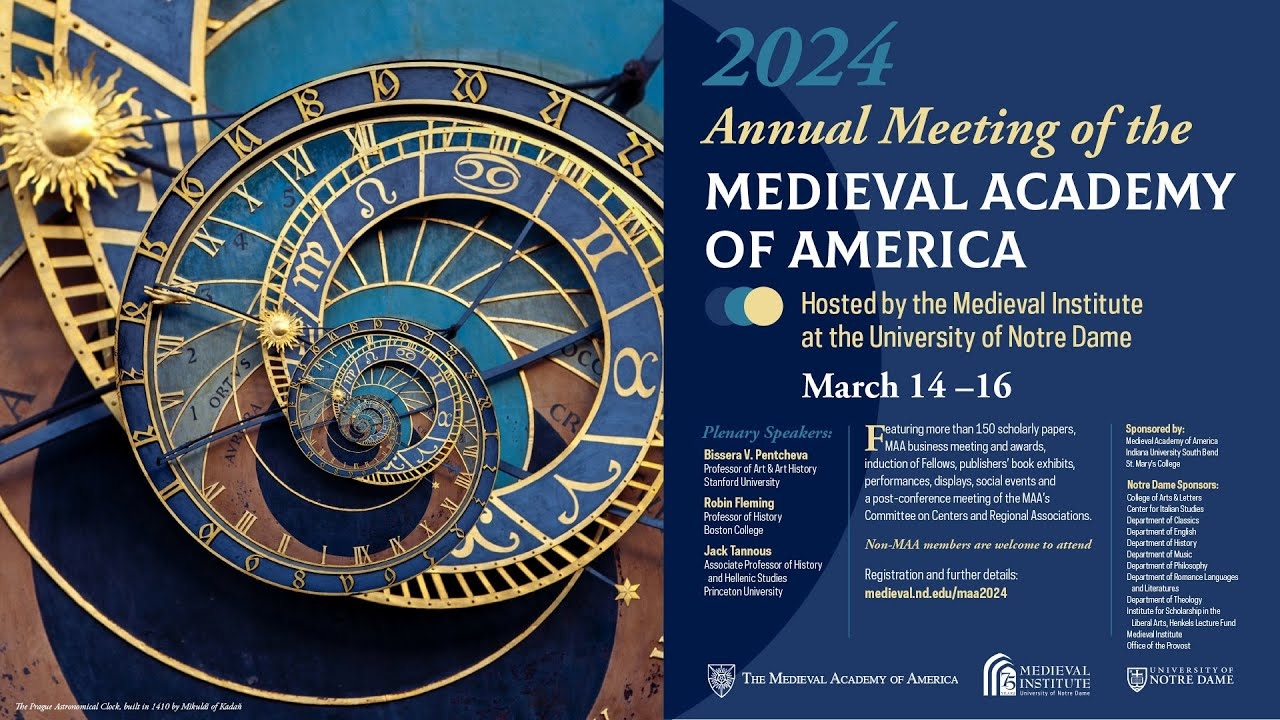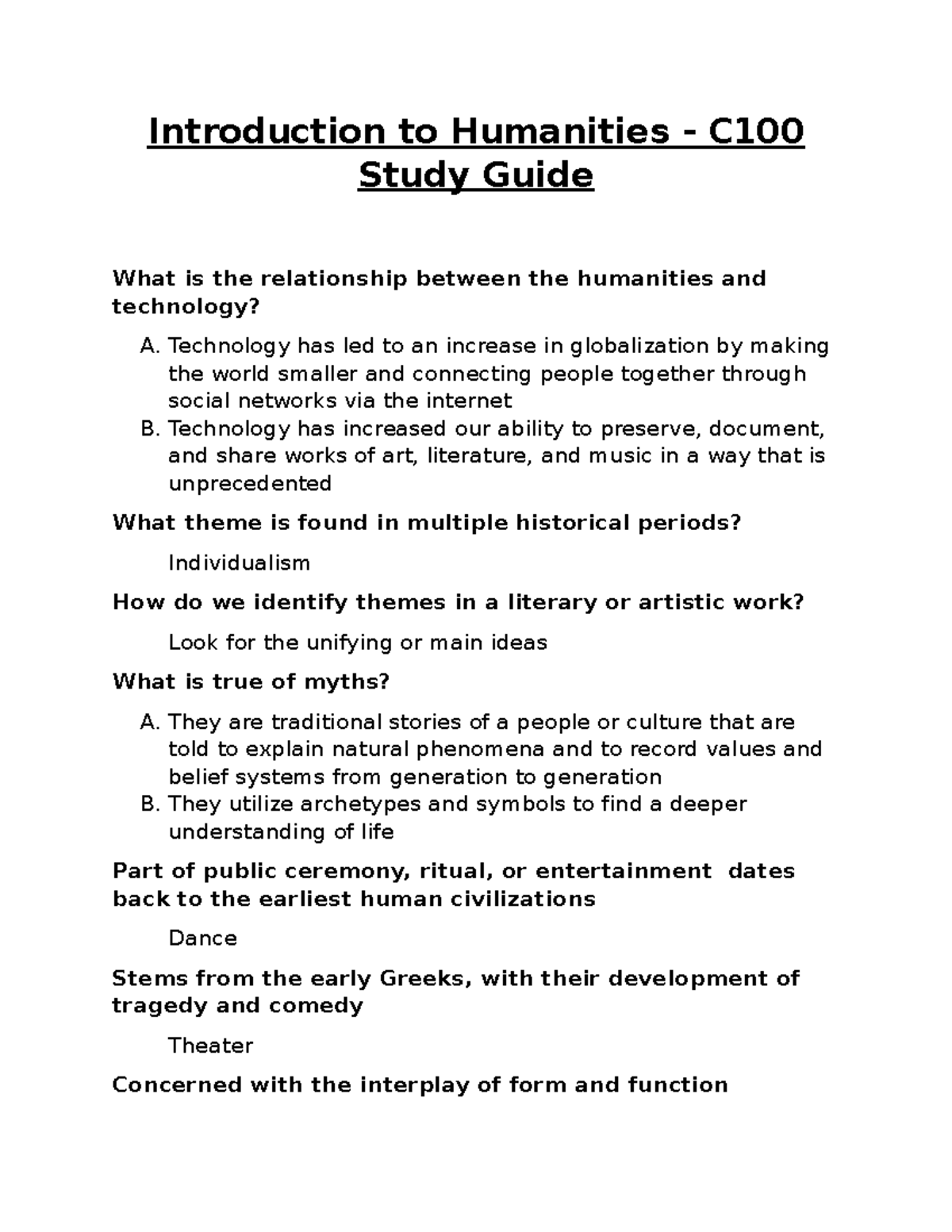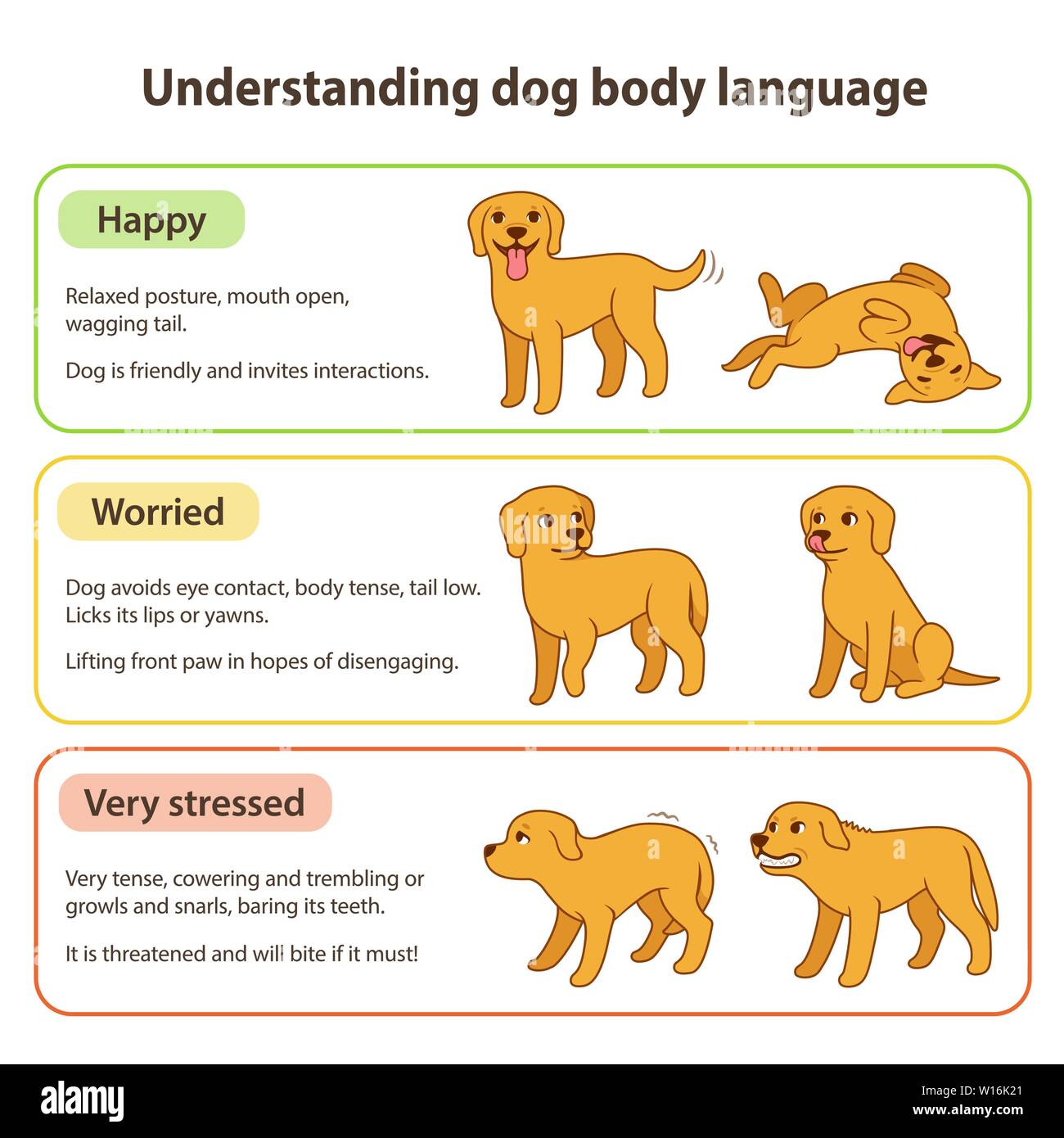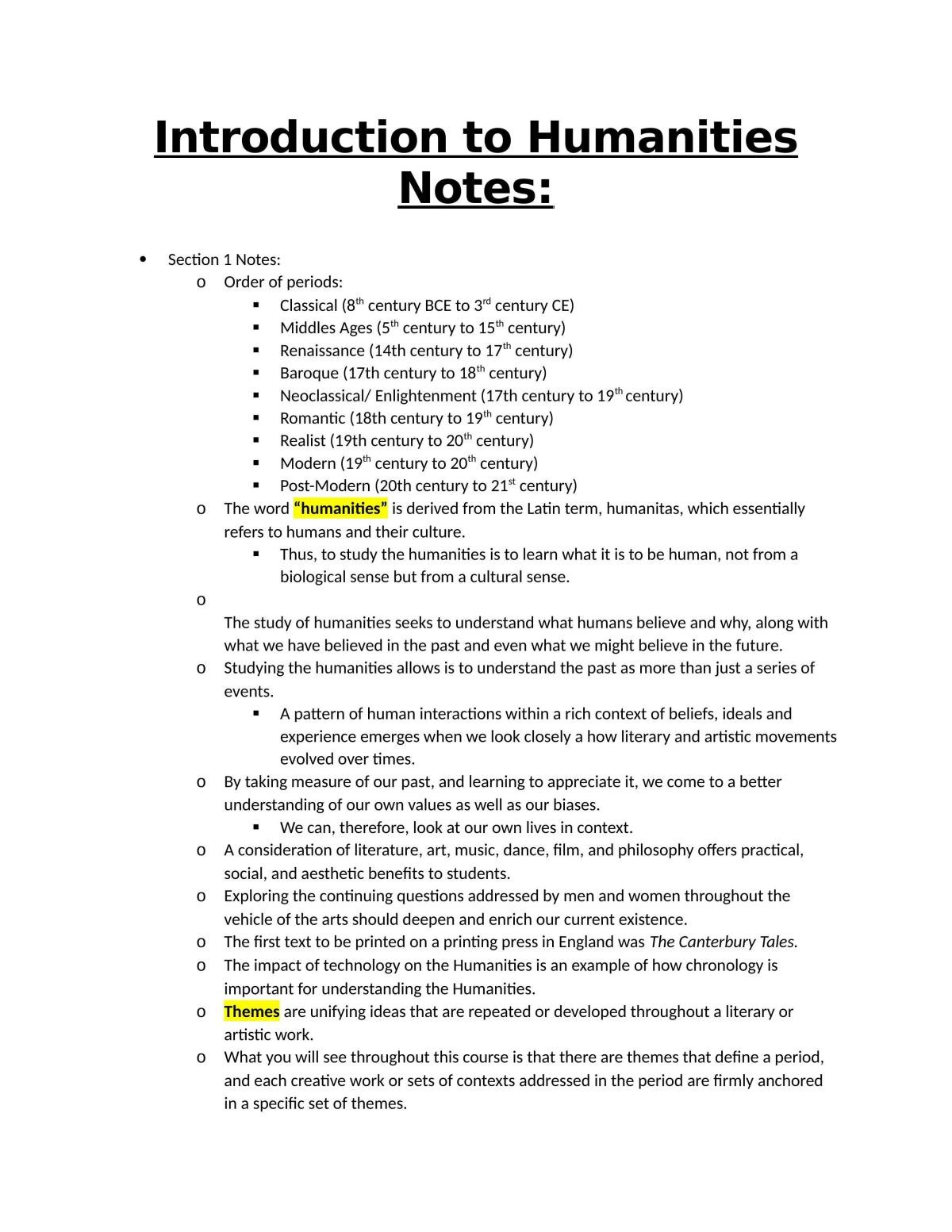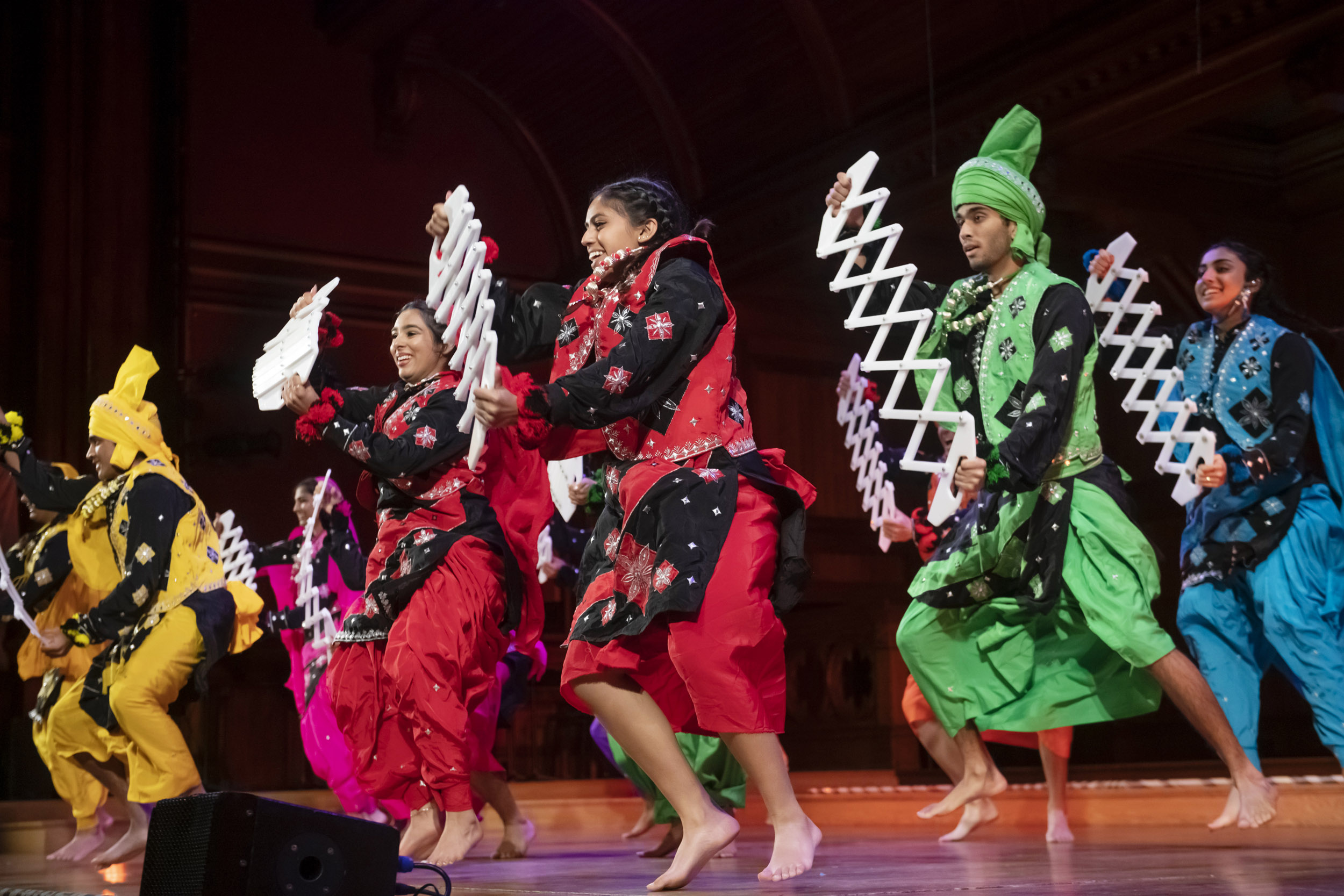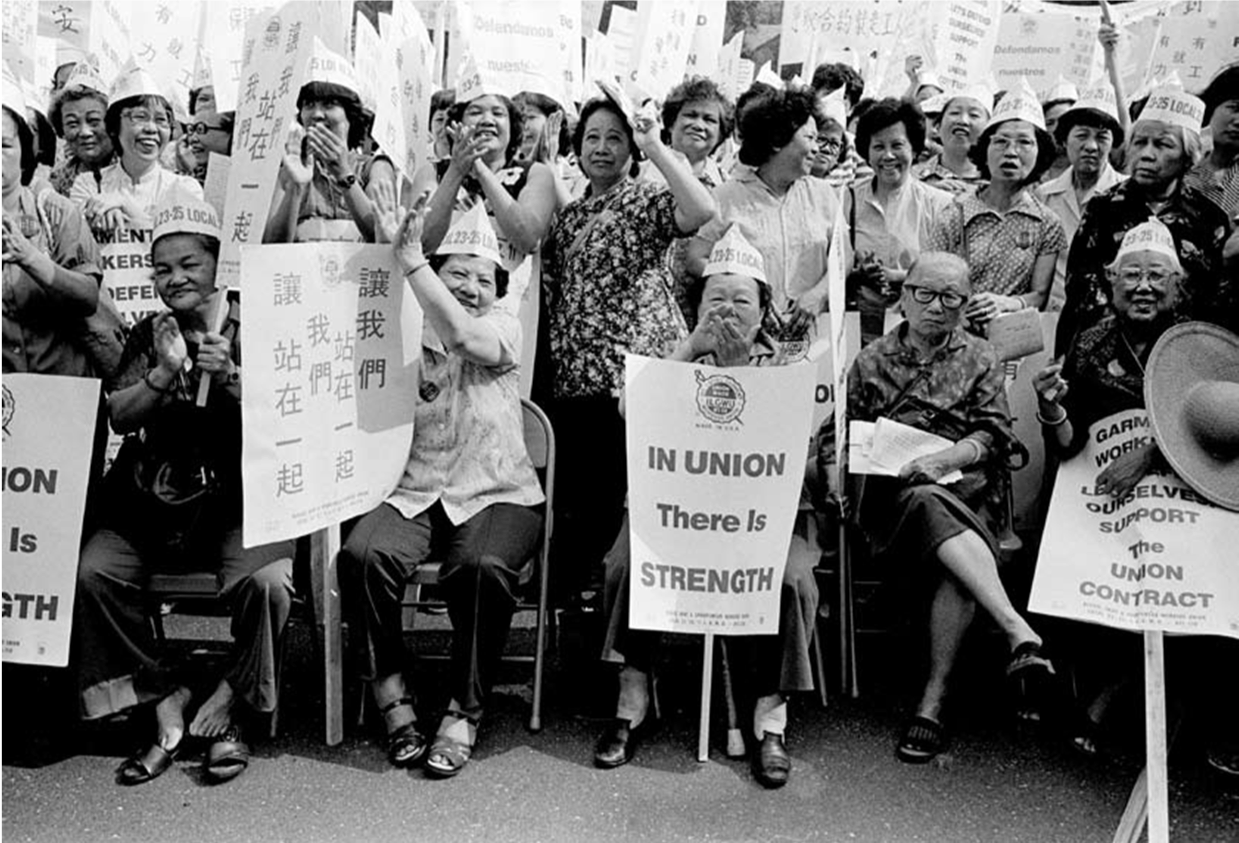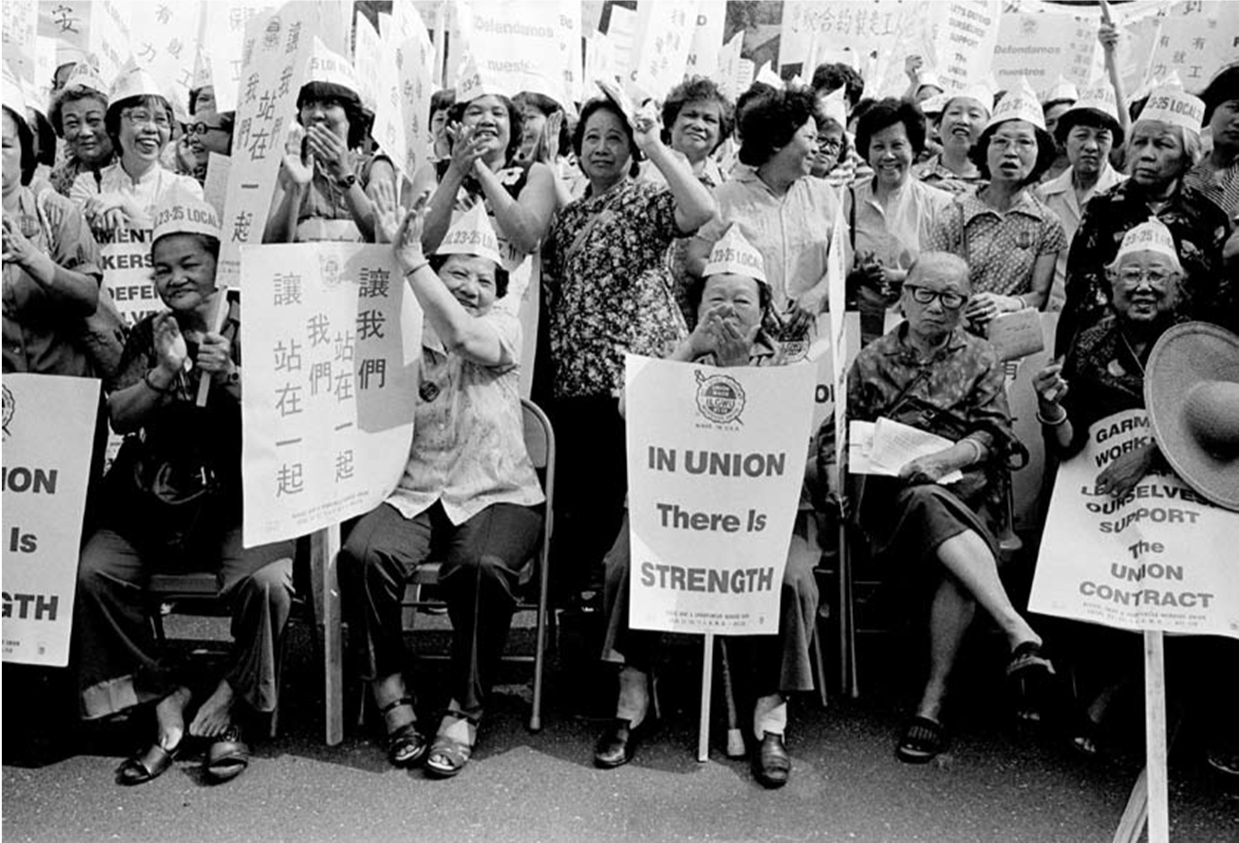The Medieval Academy Conference stands as a cornerstone event for scholars devoted to the exploration of medieval studies, celebrating a century of collaborative scholarship and discovery. This prestigious gathering attracts over 800 delegates each year, fostering an environment ripe for dialogues on various subjects including medieval literature, the profound influence of authors like Geoffrey Chaucer, and the nuances of interdisciplinary studies. Hosting this year at Harvard University, the conference has revived its historical roots, engaging academics from around the globe in a series of presentations, workshops, and discussions. As Harvard continues to be a hub for cutting-edge research in subjects such as medieval trade agreements and the global perspectives of the Middle Ages, attendees revel in the academic richness that unfolds over the event. The Medieval Academy Conference not only reflects on past scholarship but also paves the way for future innovations in the realm of arts and culture.
The Medieval Academy Conference, an eminent event for scholarly engagement, invites a diverse audience to delve into the intricate layers of historical studies of the Middle Ages. This gathering of leading medievalists provides a platform for lively discussions on the interconnections within medieval culture, literature, and society, showcasing the enduring legacy of figures like Chaucer while presenting fresh perspectives inspired by modern scholarship. Through interdisciplinary dialogue, participants explore various aspects of the medieval world, including trade practices, literary influences, and the methodologies of contemporary historians and literary critics. Moreover, the conference plays a crucial role in fostering connections among academics, stimulating critical debates, and inspiring new research directions that resonate across disciplines. By emphasizing the importance of global perspectives and collaborative approaches, this gathering continues to shape the future of medieval studies.
The Importance of the Medieval Academy Conference
The Medieval Academy Conference is a quintessential event for scholars and academics deeply entrenched in medieval studies. Over the last century, it has attracted some of the brightest minds from around the world, creating a vibrant hub for discussions surrounding medieval literature, history, and culture. The conference not only serves as a platform for presenting cutting-edge research but also fosters interdisciplinary collaboration, an essential aspect that enriches the academic community. By bringing together historians, literary critics, and cultural theorists, the Medieval Academy Conference exemplifies how diverse fields can intersect, highlighting the relevance of medieval studies in contemporary times.
Scholars like Fernanda García-Oteyza reflect on the invaluable connections fostered at these gatherings, particularly in relation to themes that resonate across centuries, such as those explored in Chaucer’s works. By delving into subjects ranging from trade agreements in medieval Venice to the influence of rumor in modern literature, the conference illustrates the continuing evolution of medieval studies. For many attendees, like García-Oteyza, this event represents more than just an academic gathering—it is an opportunity to engage with the past while looking forward to future research avenues.
Interdisciplinary Discussions: A Key Feature of Modern Medieval Studies
The interdisciplinary nature of discussions at the Medieval Academy Conference highlights the diverse arenas that medieval studies encompasses. With workshops that touch upon various aspects of medieval life—including trade, literature, and pedagogy—participants are encouraged to adopt holistic approaches. For example, Elena Shadrina’s research on medieval trade not only informs historical understanding but also intertwines with economics and cultural studies. These discussions challenge the traditional boundaries of medieval studies, allowing for richer scholarly discourse.
As highlighted by Sean Gilsdorf, this conference serves as a reflection of how far the field has come, prompting critical conversations about its future trajectory. By encouraging a global perspective, as demonstrated through presentations that cover medieval societies from various regions beyond Europe, the conference broadens the scope of what it means to study the medieval period. This evolution shows how interdisciplinary studies not only illuminate the medieval past but also maintain its relevance in global academic discussions today.
Exploring Chaucer’s Lasting Influence on Medieval Literature
Chaucer, often hailed as the father of English literature, continues to influence literary discourse centuries later. His exploration of themes such as authenticity, authority, and manipulation of truth resonates strongly in contemporary literature, as highlighted during the Medieval Academy Conference. The connection made by scholars like García-Oteyza between Chaucer’s ‘The House of Fame’ and Patricia Lockwood’s modern narrative illustrates how medieval texts can provide a lens through which to understand modern challenges, such as misinformation and the complexities of authenticity in the digital age.
This persistent relevance of Chaucer’s work underscores the necessity of revisiting medieval literature within today’s academic framework. By examining his influence through varying interpretations, scholars enrich discussions surrounding narrative techniques and the construction of literary authority. At the conference, it was clear that Chaucer’s legacy is not merely preserved; it is actively interrogated, inspiring new generations to explore the intersections of medieval and modern literary landscapes.
Rethinking the Global Middle Ages in Academia
One of the standout themes at this year’s Medieval Academy Conference was the push towards rethinking the Global Middle Ages. With a focus on how medieval societies interacted across different cultures and regions, discussions aimed to break away from Eurocentric narratives. Presentations on the Islamic world, Africa, and East Asia revealed that the medieval period was not isolated; rather, it was characterized by rich exchanges and interactions. This broader perspective allows scholars to appreciate the complexities and nuances of medieval life in a more interconnected global context.
By fostering this understanding, academics are encouraged to rethink their approaches to teaching and studying medieval subjects. Workshops like the daylong pedagogy session emphasize the importance of incorporating global narratives in medieval studies curricula. This shift not only enriches the educational landscape but also acknowledges the diverse experiences that shaped the medieval world, ultimately leading to a fuller understanding of its history and literature.
Building Networks in Medieval Studies
Conferences like the Medieval Academy meeting provide a crucial opportunity for academics to build networks that can drive collaborative research and scholarship. The interactions between graduate students and established scholars at such events create a fertile ground for mentorship and guidance, essential for the development of emerging voices in the field. Presenters, like Colin Brady and Emily Sun, are able to share their findings in a supportive environment, fostering connections that can lead to future partnerships, publications, and projects.
Networking at the Medieval Academy Conference also broadens the scope of potential interdisciplinary collaborations. Scholars from various backgrounds converge to discuss how medieval studies intersects with different disciplines, creating unique blends of research that encompass literary analysis, historical inquiry, and cultural theory. As these discussions evolve, they contribute to a dynamic academic culture, enriching the field of medieval studies with diverse perspectives and innovative methodologies.
The Role of Graduate Students in Shaping Medieval Studies
Graduate students play a pivotal role in shaping the direction of medieval studies as they bring fresh perspectives and innovative research to the forefront. Events like the Medieval Academy Conference allow these emerging scholars to present their findings and engage with established faculty, facilitating important dialogues that can influence the discipline’s evolution. As seen in the participation of students from Harvard, there is a growing recognition that their insights are crucial for advancing discussions about medieval literature and culture.
Furthermore, the active involvement of graduate students in these academic conferences fosters a sense of community and empowerment. Being part of a gathering that celebrates the achievements within medieval studies not only inspires confidence in their work but also validates their academic pursuits. As they network and share ideas, these young scholars contribute significantly to the rich tapestry of scholarship, ensuring that medieval studies continues to flourish and adapt to new intellectual challenges.
Engaging with Medieval Texts Through Contemporary Lenses
The engagement with medieval texts through contemporary lenses was a key feature of discussions at this year’s conference. As scholars examined works, such as Chaucer’s ‘The Canterbury Tales’ or ‘Beowulf’, they delved into modern interpretations that reflect current societal issues. This critical approach not only breathes new life into these ancient texts but also demonstrates their continued relevance and the fluidity of their themes, which resonate with audiences today.
Beyond literary analysis, such engagements also open avenues for interdisciplinary research, inviting insights from cultural studies, sociology, and even digital humanities. Conferences like the Medieval Academy Meeting encourage scholars to experiment with different methodologies and theoretical frameworks, thereby fostering richer academic dialogue. This blending of perspectives not only enhances our understanding of medieval literature but also establishes a dialogue between past and present, revealing the timeless nature of human experiences.
Highlighting the Evolution of Medieval Studies over the Century
The Medieval Academy Conference not only celebrates the rich history of medieval studies but also serves as a reflection point to discuss its evolution over the past century. As scholars gathered to assess past achievements and future directions, it became clear that the study of medieval literature, history, and culture has transformed significantly. From its roots in European-centric approaches to a broader, more inclusive perspective that embraces global narratives, the conference highlights the shifting landscapes of the field.
In addition, the diverse range of subjects presented—from medieval trade agreements to cross-cultural interactions—illustrates the interdisciplinary nature of modern scholarship. Each presentation underscores the importance of adapting to contemporary academic discourse while remaining rooted in the historical richness of the medieval period. As scholars look towards the future, the ongoing discussions around the evolution of medieval studies promise a vibrant and dynamic field for research and exploration.
Public Engagement: Making Medieval Studies Accessible
As medieval studies continues to evolve, one critical goal remains: making the field accessible to a broader audience. The Medieval Academy Conference emphasizes the importance of outreach and public engagement, encouraging scholars to share their research with the wider community. By hosting events such as lectures, public readings, and exhibits, academic conferences create opportunities for individuals outside of the academic sphere to connect with medieval literature and history.
These initiatives are vital for fostering a culture of appreciation for medieval studies, showing how these ancient narratives continue to influence our contemporary world. As scholars engage with the public, they not only enrich the academic discourse but also inspire curiosity among those who may never set foot in a classroom. Ultimately, fostering public engagement within medieval studies allows for a more inclusive conversation, bridging the gap between academia and society.
Frequently Asked Questions
What can I expect at the Medieval Academy Conference?
At the Medieval Academy Conference, you can expect a dynamic and engaging environment with over 800 academics participating in workshops, presentations, and discussions on various aspects of medieval studies. This event is a hub for interdisciplinary studies that explore areas like medieval literature, Chaucer’s influence, and more.
How is the Medieval Academy Conference relevant for scholars of medieval literature?
The Medieval Academy Conference is highly relevant for scholars of medieval literature as it features presentations and discussions from leading experts in the field. Attendees can delve into topics such as Chaucer’s works and their modern-day implications, making it a pivotal event for advancing scholarship in medieval literary studies.
Who typically attends the Medieval Academy Conference?
The Medieval Academy Conference attracts a diverse group of participants, including Ph.D. candidates, established scholars, and academics from various countries. With a focus on interdisciplinary studies, attendees share their research on topics such as medieval trade agreements and the cultural contexts of medieval literature.
What is the significance of the Medieval Academy of America’s history?
The Medieval Academy of America, founded in the early 1920s in Cambridge and Boston, holds significant historical value in the field of medieval studies. The conference’s return to Harvard for its 100th meeting serves as a reflection on how medieval studies have evolved over the past century, highlighting transformative scholarship and its global perspectives.
How does the Medieval Academy Conference facilitate networking among medievalists?
The Medieval Academy Conference provides ample opportunities for networking among medievalists through panel discussions, workshops, and social events. Participants can connect with peers, engage in scholarly conversations, and meet influential figures in the field, fostering collaboration and idea exchange in medieval studies.
What themes are highlighted during the Medieval Academy Conference?
This year, the Medieval Academy Conference emphasizes global perspectives in medieval studies, showcasing research on various regions including the Mediterranean, British Isles, and Islamic world. Presentations also cover topics such as medieval literature, trade agreements, and cultural intersections, showcasing the interdisciplinary nature of the field.
How has the format of the Medieval Academy Conference changed over the years?
The Medieval Academy Conference has transformed its format over the years to include a broader range of interdisciplinary studies, reflecting the growing complexity of medieval scholarship. Recent iterations feature interactive workshops, plenary addresses, and diverse presentations that address modern implications of historical themes, such as those found in Chaucer’s works.
What impact do events like the Medieval Academy Conference have on academic research?
Events like the Medieval Academy Conference significantly impact academic research by fostering collaborative dialogues, enabling scholars to discuss their findings, and inspiring new ideas. Such conferences encourage interdisciplinary approaches to topics like medieval literature and history, which can lead to innovative research directions in the field.
How can graduate students benefit from attending the Medieval Academy Conference?
Graduate students can greatly benefit from attending the Medieval Academy Conference by gaining exposure to cutting-edge research, participating in mentorship opportunities, and building connections with established scholars. These interactions can enhance their academic journey and encourage them to adopt global perspectives in their medieval studies.
Where can I find more information about the Medieval Academy Conference?
For more information about the Medieval Academy Conference, including registration details, conference schedules, and thematic focuses, you can visit the official Medieval Academy of America website. This site provides up-to-date information and resources for attendees interested in medieval studies.
| Key Point | Details |
|---|---|
| 100th Annual Medieval Academy Conference | Over 800 academics gathered at Harvard Yard for presentations, workshops, and discussions. |
| Historical Context | The conference echoes concerns of misinformation voiced by Geoffrey Chaucer over 600 years ago, relevant today. |
| Keynote Speakers | Notable presentations included medieval trade agreements and cultural interpretations of medieval texts. |
| Interdisciplinary Focus | The event showcased diverse disciplines and encouraged a global perspective on medieval studies. |
| Networking Opportunities | Attendees appreciated the chance to meet leading scholars and engage in collaborative discussions. |
| Reflection on Future | Discussions included examining the future trajectory of medieval scholarship over the next century. |
Summary
The Medieval Academy Conference is a pivotal event that marks an impressive century of medieval studies. This year’s gathering at Harvard not only celebrated the evolution of medieval scholarship but also spotlighted pressing contemporary issues through the lens of historical texts. The conference offered a unique platform for interdisciplinary interactions and reflection on future scholarly directions, emphasizing the importance of maintaining a global perspective in the study of medieval cultures. With engaging discussions and vibrant networking opportunities, the Medieval Academy of America continues to shape the discourse and development of medieval studies for generations to come.

